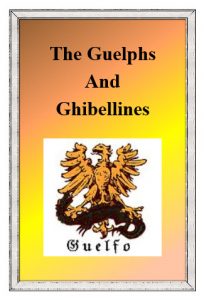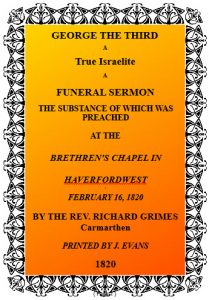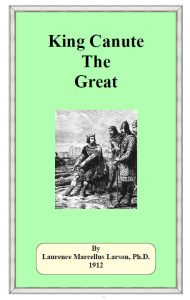ABSTRACT: A DETAILED STUDY OF JOHN DEE’S LATE SIXTEENTH-CENTURY CLAIM THAT KING ARTHUR CONQUERED THE FAR NORTHERN WORLD AND NORTH AMERICA. Although sometimes treated as Dee’s own invention, the concept of Arthur as a conqueror of the Arctic and even parts of North America clearly antedates Dee. One witness to it is the Gestae Arthuri, which was seen and summarized by Jacob Cnoyen, who probably wrote in the fourteenth century.
This medieval document apparently described Arthur’s attempts to conquer the far north, including an expedition launched against the North Pole itself. Another witness is the Leges Anglorum Londoniis Collectae, which dates from the start of the thirteenth century and provides a list of Arthur’s northern conquests, including Greenland, Vinland and the North Pole. On the basis of these and other documents, it would appear that the concept of Arthur as an Arctic conqueror can be traced at least to the later twelfth century, if not before.



